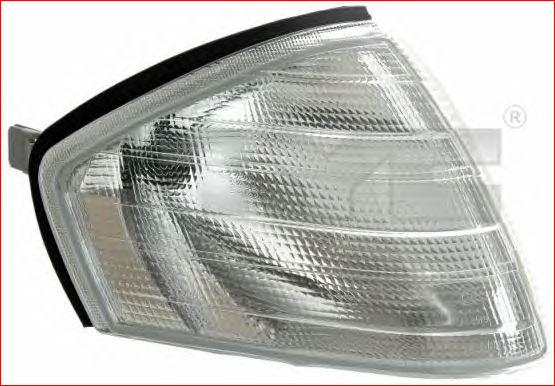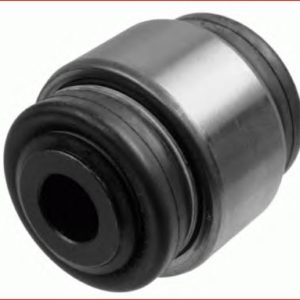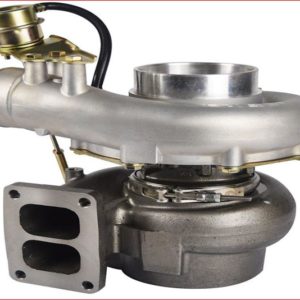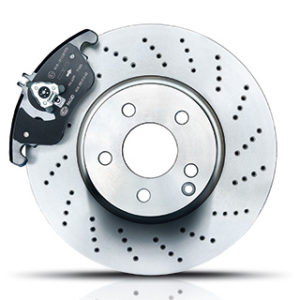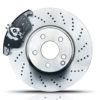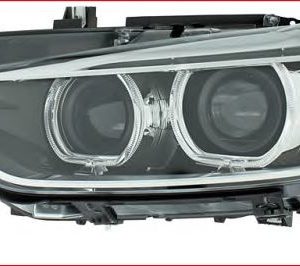Turn signal light
Parts Details:
- Fitting Position: Left
- Colour: White
- Supplementary Article/Supplementary Info: with lamp base
- Registration Type: E-type checked
Category: Eurotech
Related products
-
Cross-Axis Joint
Cross-axis joints are primarily installed on the rear axle. They consist of a ball with cylindrical taper on both sides and a continuous bore in the middle. Although they are similar to the ball joint in terms of function and structure, their anchorage corresponds to that of rubber bearings. In contrast to rubber bearings, cross-axis joints are able to transfer extremely high dynamic forces and have no aligning torque. Cross-axis joints are preferably used if a stiff control arm connection is desired – in sports cars or light commercial vehicles for instance.
(0 reviews) -
Turbochargers
- Manufactured in an International facility by OE manufacturer trained engineers. Specialised quality control of raw materials, components and finished products.
- Factory tested, core balanced, checked for boost and actuator movement and undergone oil leakage test.
- Components interchangeable with OEM turbos
(0 reviews) -
Brake Disc and Pads
- Gets rid of disc warp
- High carbon concentration means better heat dissipation and overall temperature stability
- Makes braking in slippery or wet conditions more predictable
- Eliminates steering wheel shake/pulsing
- Holes mean better cooling power – up to 180 degrees
- Slots keep dust and gas particles from building up between rotor surface and pad
- Rust resistant silver zinc-plated finish
- Perfect for track, off-road, rally use and also daily drivers
(0 reviews) -
Head Light BMW
- Fitting Position: Right and Left available
- Bulb Type: H7/H7, PY21W, W6W
- Light Function: with low beam, with indicator, with high beam, with position light, with daylight running light
- Supplementary Article/Info 2: with bulbs
- Vehicle Equipment: for vehicles without Xenon light
- Left-hand / Right-hand Traffic: for left-hand traffic
- Light Design: FF, Halogen
- Rated Voltage [V]: 12
- Number of light functions: 5
- without lettering: BMW
(0 reviews) - Fitting Position: Right and Left available

